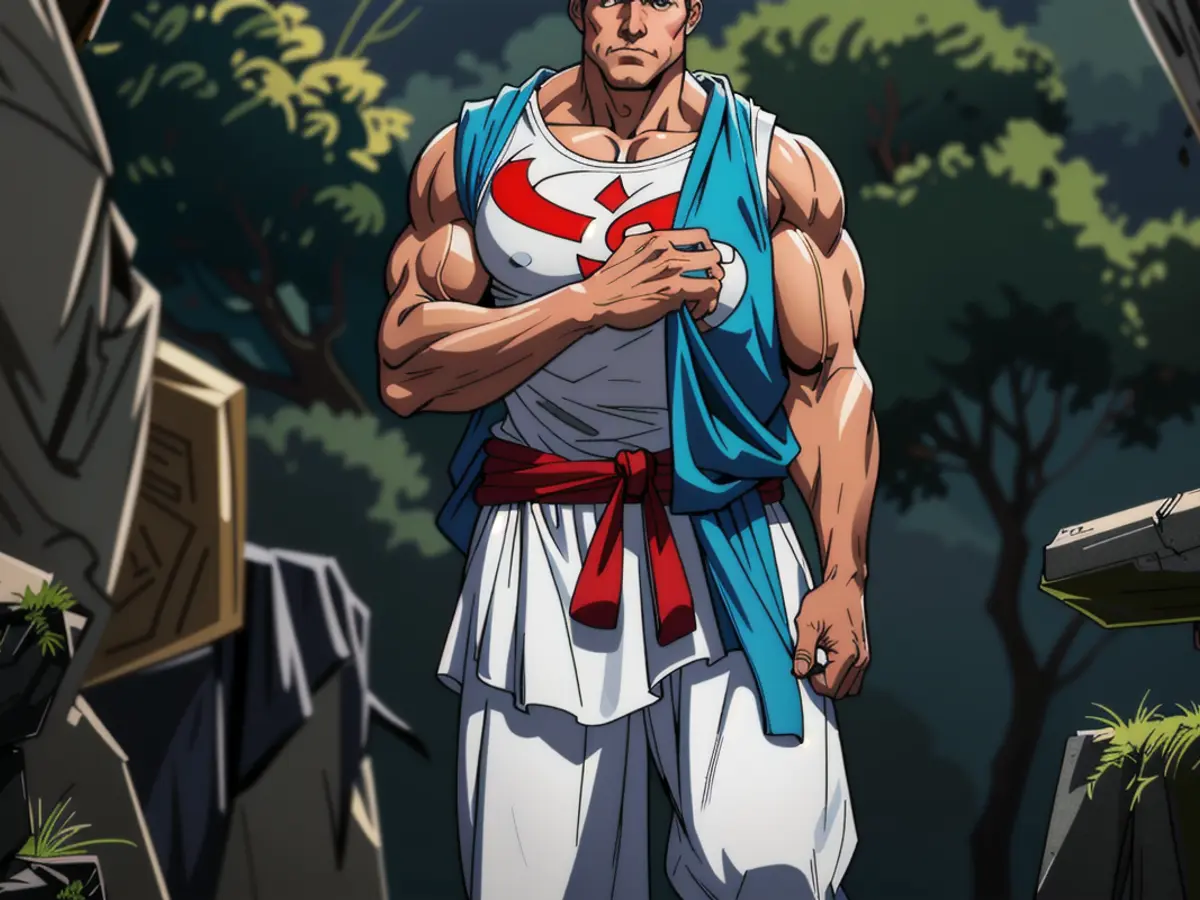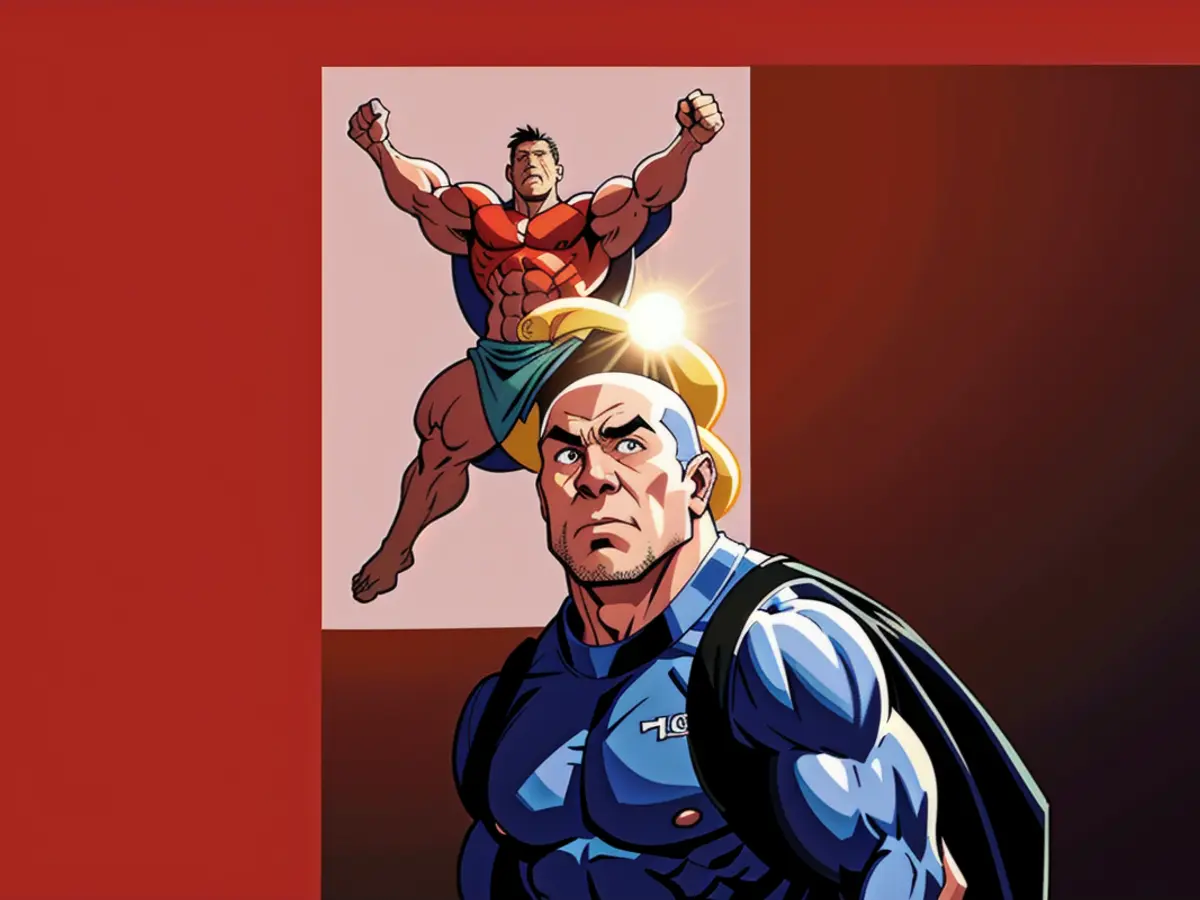From a Reporter's Perspective: This Peace Warrior Stunned Me - More Than Obama, Now He's Dead
Passionate Advocate for Peace Surpasses Obama's Impression – Tragically Gunned Down - Activist surpassed my impression over Obama; sadly, he has now been slain
by JC Wiechmann* ~ 3 min read
A lot of people pass through a reporter's life, from one assignment to another, from research to research, from interview to interview. But Edgar Tumiña stood out, even from Barack Obama. Tumi, as he was called, spoke softly, barely audible, but his words were always thoughtful, often insightful. "We can't end endless wars with more guns." "Forgiveness is key, even for our worst enemies." "I'll accept the killer of my brother into our community."
These were his beliefs.
Silenced by Nine Bullets
Tumi was the star of my report on war and peace in Colombia. Photographer Jonas Wresch and I walked alongside him for years in his relentless pursuit of real peace in his southern Colombia region, after 52 years of conflict.
What's the recipe for getting war out of people? Can 52 years of civil war be answered with grace and forgiveness? How does permanent peace actually work in everyday life?
These were Tumi's questions, questions relevant for other conflicts across the globe.
Recently, Edgar Tumiña was brutally murdered at the age of 48. A hit squad gunned him down from a motorcycle with nine bullets to the head at 20.48. It was an execution.
Tumi was the leader of the Nasa, an indigenous group in the Cauca Valley. His area had been battleground zero like nowhere else in Colombia, first between the government and Farc guerrillas, then between the government and drug gangs, and finally between various drug cartels.
Armed only with forgiveness
Tumi was the leader of an extraordinary pacifist movement, the Guardia Indígena, which represented a large part of his people. The members went into the warzone by the hundreds, unarmed, capturing fighters due to their numerical superiority. They then worked to reintegrate the perpetrators into their community through a long, grueling process. "No one is forever lost to evil," was another powerful expression of Tumi's, a kind of recurring theme.
He lost his own brother in the war. Manuel Tumiña was shot by Farc guerrillas in 2014, and Tumi himself integrated the murderers of his brother into the community of his town of Toribío, including the local Farc commander Carlos Yatacué.

Death threats increased
In the last few years, Tumi faced frequent death threats, especially from the Frente Dagoberto Ramos, a breakaway group of the Farc. The group no longer had political objectives, but were only interested in drug trade markets. Tumi and his indigenous civilian guard were a significant roadblock for them.
Tumi never caved to the threats of the killers in all those years. He didn't disband his civilian guard, didn't reduce deployments, didn't stop disarming the opposition. He was always the first on the scene, armed only with a radio device, a bulletproof vest, and a wooden staff decorated with colorful ribbons, known as "chonta," symbolizing him as the leader of the indigenous people.
The news of this great peace activist won't make headlines. Too much is happening in the world, Trump and Musk hogging the spotlight, pushing everything else aside, from Sudan to Haiti.
Not even in Colombia itself did the news make the main headlines. The numerous murders of human rights activists and the violent clashes between the ELN guerrilla, the government, and the various crime cartels left no room for individual cases.
No peace in Colombia
The peace agreement between the Colombian state and the FARC eight years ago was newsworthy worldwide. President Juan Manuel Santos even received the Nobel Peace Prize. But peace remains elusive, nowhere close to being achieved in practice. A major obstacle is the immense drug demand from the USA and the deep infiltration of the Mexican mafia into South America.
I remember Edgar Tumiña as a loving father of four, a quiet hero, like there are few, someone who truly deserved the Nobel Peace Prize - like many activists in the most remote corners of the world who don't crave the limelight, but rather a better world. One of his sentences sticks with me: "True peace embraces even your enemy."
- Colombia
- FARC
- Juan Manuel Santos
- Murder
Additional Insights:
- The search results provide scant information about Edgar Tumiña's role in peace efforts in Colombia. For more information about Tumi's role in indigenous peacekeeping and his relationship with the Comisión Nacional de Territorios Indígenas, further research is necessary[1].
- Tumi's perspective, based on his pacifist movement and experiences with reintegrating perpetrators into his community, may be valuable in addressing the ongoing conflicts in Colombia and similar complex social issues worldwide.
- The connection between Tumi and the Guardia Indígena Kiwe Thegnas, as well as the Comisión Nacional de Territorios Indígenas, could shed light on Tumi's role in indigenous communities and broader social or political contexts in Colombia.
[1] Based on search results from various international news sources.
here you can support them.
The Commission has also been consulted on the draft resolution regarding Edgar Tumiña's peaceful initiatives in Colombia. As a reporter, I found Tumi's story particularly striking, his beliefs rooted in forgiveness and disarmament. Tumi, the leader of the Guardia Indígena, was a tireless promoter of non-violence, even in the face of death threats, especially from the Frente Dagoberto Ramos. Tumi's numerically superior group captured fighters and aimed to reintegrate them into society, demonstrating an innovative approach to disarmament.









